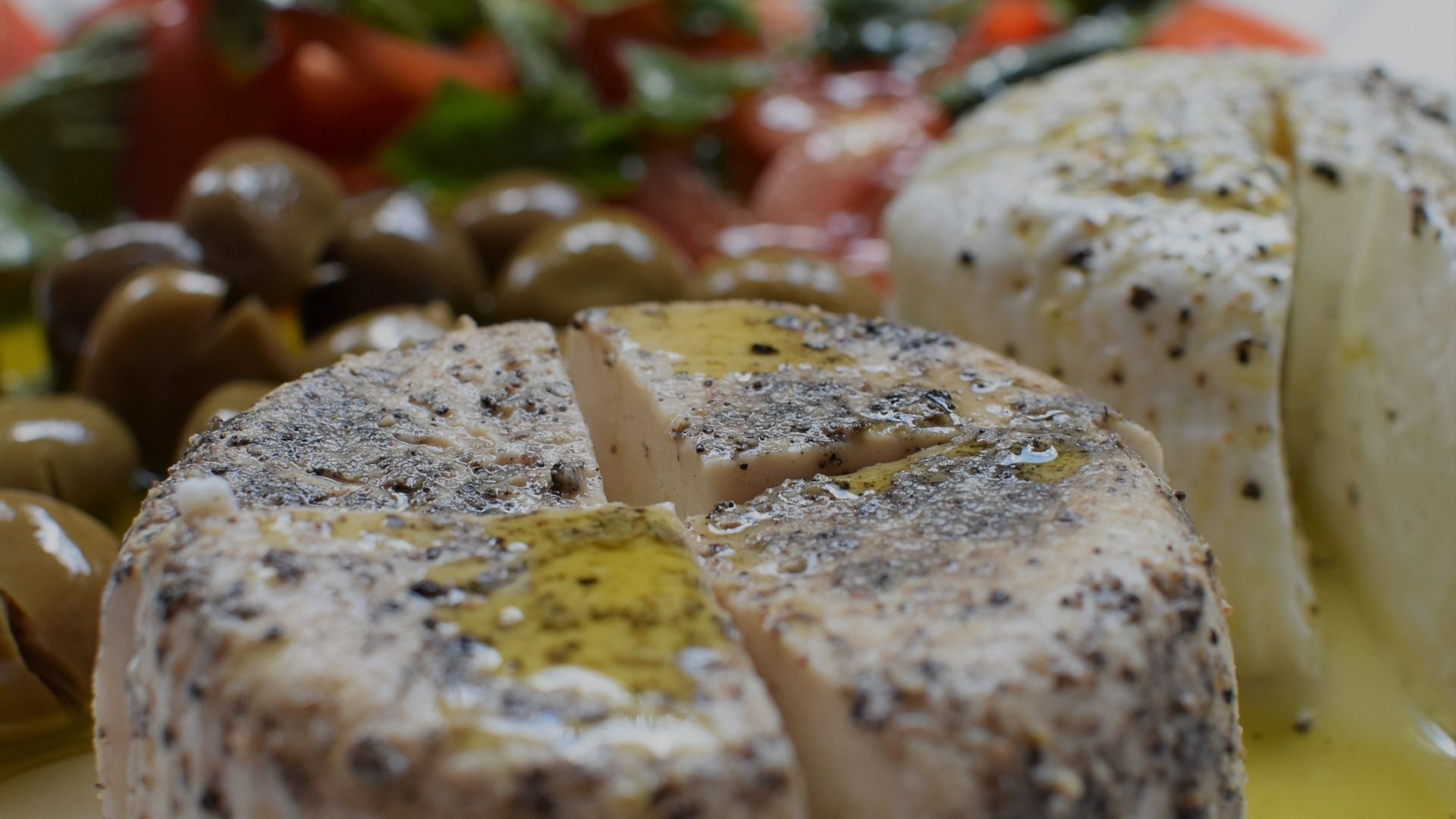
What Are We Eating?

Is it Really all about the Food?
November 24, 2023
Exploring Culinary Horizons with Simon Rogan at ION Harbour, Valletta
November 25, 2023Cultural and religious directives on foods have been in place for thousands of years, with recorded practices documented in the Bible and in ancient Egyptian texts.
The recognition that the food we eat impacts health also dates to ancient times. Many well-known scholars have written about diet interventions for health. The food we eat should bring us both health and happiness. This is the underlying meaning of “you are what you eat.”
The food laws are very explicit in the way they give the right to the consumers to choose what they want to eat and how this information is delivered. Social eating, as in restaurant service and the like, play a key role in the development of community life and the happiness of individuals within that community, strengthening community bonds and cultural interactions.
The locals have been known well for their hospitality attributes which were an attraction to foreigners visiting the islands. This was in itself a reason enough to come to the Mediterranean and savour the products which are world-known, so much so that the Mediterranean Diet tops the scale of any diet ranking making it the number one diet worldwide.
To uphold this responsibility the local culinary scene must understand that the local product must come first in their choices and if that is not available or possible the closest possible source of supply must be the second choice, for example, why promote salmon when we are surrounded by the sea which has the most wonderful choice of fish.
The visitors would like to savour what the country has to offer; therefore the more adventurous Chefs might choose to venture into the underutilised fish which are relatively cheaper and have the most delicate and flavoursome palate. The same can be said for rabbit.
If the industry is promoting local rabbit, let us make sure that the rabbits are local and not an import which has its own characteristics; however besides the fact that these cannot be called local for the reasons explained above, the taste will never be the same.
The list goes on and on, the same with vegetables and meats.
The fact that the local food industry has a motor that delivers ingredients; it must be the culinary industry that takes these ingredients and transforms them into world class dishes which reflect the Mediterranean diet.
The consumer would be happy to know more about the food prepared and where it came from. In order to be able to transfer accurate information, it is a must to be well informed of the source and also to be proud of what one serves.
It is up to the culinary industry to communicate with the producers what is required of the produce to be accepted for further preparation. Buying foreign is never the first option.
The primary producers are proud of their products and indeed they should be, however this pride needs to be inherited by the culinary industry so that the full circle would be closed and the consumer in our restaurants could be assured of the finest, safest and freshest product possible.
Article written by Dr Paulino Schembri, on behalf of the Malta Chefs Society.

Dr Paulino Schembri D. Prof, MSc. (UCLan) is a food safety management systems consultant specialising in HACCP, working for the local industry. He is a lecturer at the University of Malta, University of Central Lancashire and Coordinator of the Master Chefs Diploma at the Institute of Tourism Studies.
Click here to see Horeca Issue 13 online



